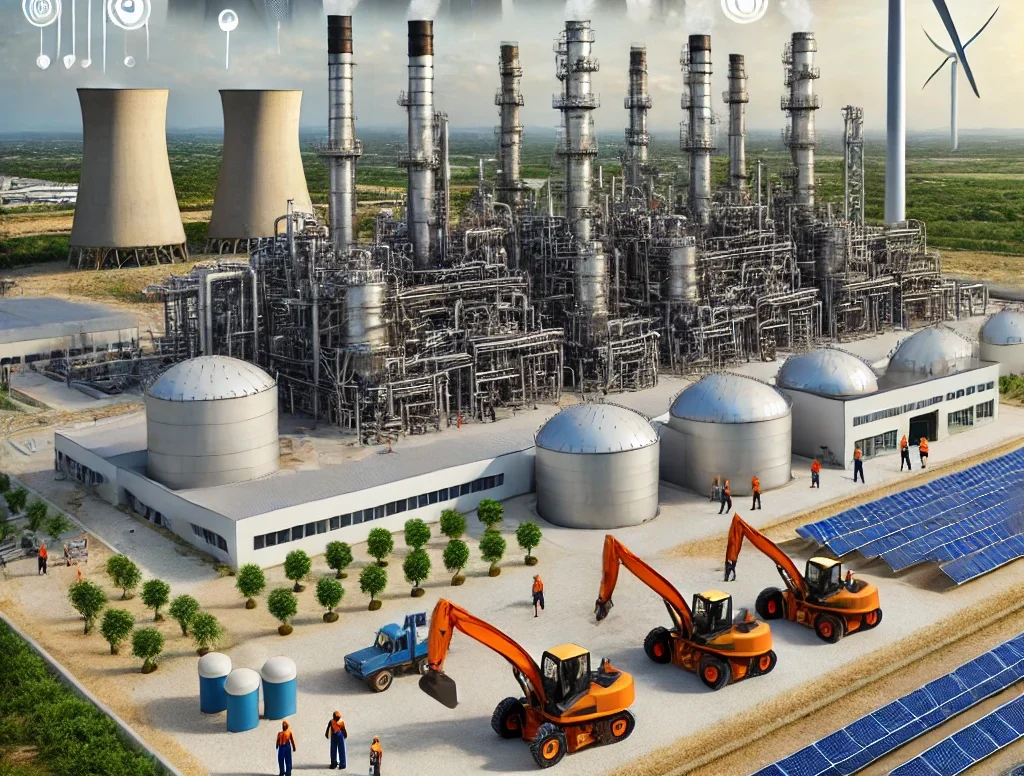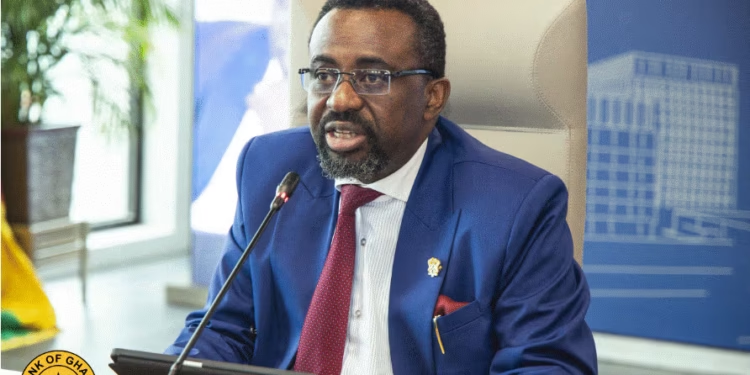As the global energy landscape undergoes a profound transformation, Ghana’s downstream petroleum sector finds itself at a pivotal moment.
Industry stakeholders, led by the Ghana Chamber of Oil Marketing Companies (COMAC), have emphasized the urgent need for a strategic and well-managed transition to cleaner energy sources while maintaining energy security.
While petroleum products will remain crucial to Ghana’s energy supply in the short term, the country faces mounting pressure to adopt more sustainable alternatives. COMAC recommended comprehensive measures to guide Ghana’s energy transition while ensuring that economic stability and energy access are not compromised.
“Create an Energy Transition Investment Fund, blending private equity and green bonds, to finance EV charging stations and solar projects nationwide, targeting a 20% adoption rate by 2035.”
Chamber of Oil Marketing Companies (COMAC)
COMAC called for government funding to pilot a carbon capture project at the Tema Oil Refinery (TOR) in partnership with private firms.
COMAC stated, “This initiative aims for a 15% reduction in emissions by 2029 and will serve as a model for scalability.”
Additionally, the National Fuel Quality Committee has been tasked with updating gasoline specifications within 12 months to introduce a 7% – 10% ethanol blend into the fuel supply. This move is expected to reduce carbon emissions and enhance fuel efficiency.
Oil marketing companies were urged to leverage their retail distribution networks to embrace energy transition opportunities.
“OMCs should view energy transition as a business diversification opportunity, incorporating biofuels, compressed natural gas (CNG), and EV charging solutions.”
Chamber of Oil Marketing Companies (COMAC)
To accelerate innovation, stakeholders recommended the establishment of an Energy Transition Sandbox by Q3 2025, allowing 10% of oil marketers to test clean technologies such as CNG, biofuels, and EV charging under flexible regulations. A permanent regulatory framework is expected to follow by Q2 2026.
Growing Need for Energy Transition

Experts have noted that the energy transition is inevitable, warning that failure to adapt could lead to energy insecurity and market isolation.
With Europe and other major markets moving toward electric vehicles, biofuels, and other sustainable alternatives, Ghana must modernize its petroleum value chain to remain competitive.
Experts identified renewable energy sources as cost-effective alternatives, with solar-powered filling stations providing 20-30% savings in operational costs. This aligns with the growing trend of electric vehicle charging stations at existing petroleum retail outlets.
Stakeholders also pushed for mini-grids to reduce energy poverty and enhance affordability in underserved regions.
COMAC emphasized that “mini-grids will play a key role in improving energy access, particularly in rural areas, ensuring affordability for communities traditionally excluded from the national grid.”
Despite the growing enthusiasm for cleaner energy, the shift to sustainable energy in Ghana faces significant challenges.
“Regulatory delays frustrated marketers, particularly in ongoing discussions between the NPA and Energy Commission regarding EV charging oversight.”
Chamber of Oil Marketing Companies (COMAC)

Moreover, funding for clean energy projects remains a major concern. The energy transition requires massive investment, with projections suggesting that up to $500 billion will be needed to meet Ghana’s EV goals by 2045.
Attracting global capital, especially in the context of environmental, social, and governance (ESG) compliance, is seen as a critical part of the solution.
To bridge these gaps, partnerships were identified as a key driver of energy transition success. Examples such as solar-battery swap pilots and cleantech collaborations were cited as models for sustainable investment.
Additionally, carbon financing was proposed as a mechanism for funding energy transition projects, with credits sold internationally to raise capital for green initiatives.
Stakeholders stressed the importance of balancing hydrocarbon investments with renewable energy development, drawing inspiration from successful models in the Gulf Cooperation Council (GCC) nations.
Ghana must position itself as an innovator in clean energy while leveraging its existing petroleum sector to support economic growth.
COMAC also urged greater confidence in African-led innovation, calling for a homegrown approach to energy transition rather than over-reliance on external solutions.
Ghana’s downstream petroleum sector faces both challenges and opportunities in navigating the global energy transition. With increasing regulatory pressure, changing consumer trends, and the rise of renewables, a structured, forward-looking approach is essential.
The path ahead requires bold decisions, significant funding, and a clear commitment to sustainability. Ghana has the potential to lead the way in Africa’s energy transition journey, ensuring a cleaner, more secure, and more prosperous energy future for all.























